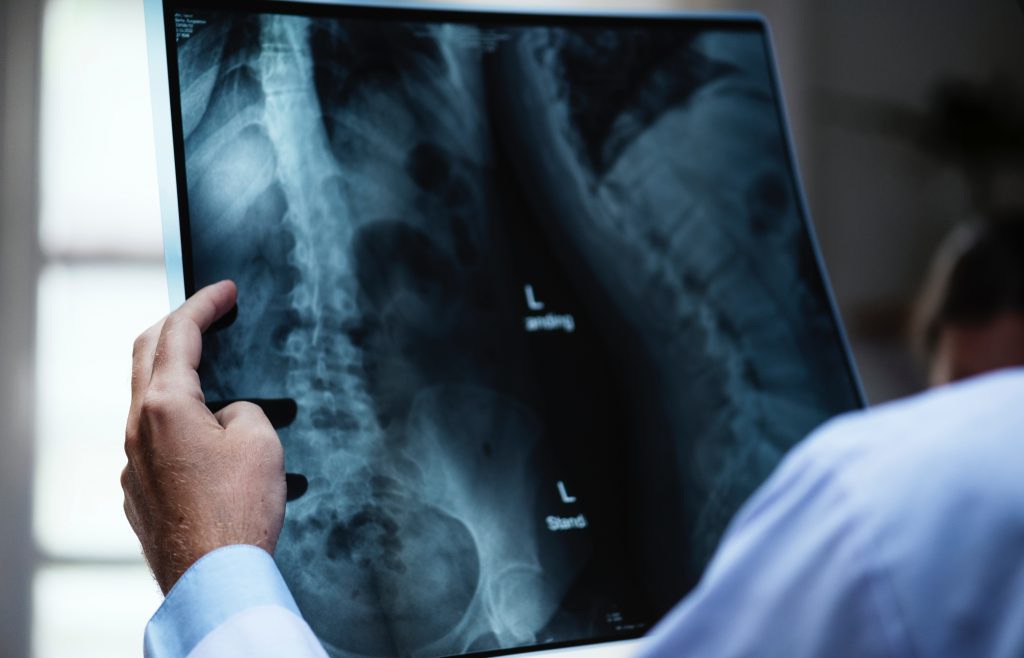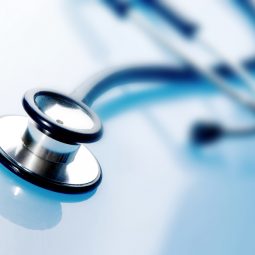
Did you know that 14 percent of Portlanders may be suffering from conditions related to chronic kidney disease? Yes, if not taken care of, those bean-shaped organs can cause significant pain and lead to other serious ailments. Doctors and nurses at The Portland Clinic will be joining nephrologists (kidney specialists) around the nation, the National Kidney Foundation and the National Institute of Diabetes and Digestive and Kidney Disease to help raise awareness for kidney disease in March, National Kidney Month.
Your kidneys are located in your flank area and are a vital organ. Their job is to filter blood for waste products and produce urine, which rids the body of those toxins. Kidneys keep your blood stable and healthy, allowing the body to function properly. Your kidneys are constantly at work, filtering 120 to 150 quarts of blood to produce 1 to 2 quarts of urine, daily. Your kidneys also help maintain electrolyte balance and regulate blood pressure.
What happens if your kidneys fail?
Technically speaking, once kidney function drops to less than 15 percent, patients have reached kidney failure. As kidney function deteriorates, your body’s filtration system becomes less effective and causes significant health problems. There is no cure for kidney failure, but it can be managed. Diabetes and high blood pressure are the most common culprits of failing kidneys, followed by physical trauma/injury. As you age, a healthy lifestyle can be extremely influential in helping prevent kidney disease.
When your kidneys fail, extra bodily fluid and waste flows through your blood, causing symptoms including:
- Nausea
- Trouble sleeping
- Poor appetite
- Weakness
- Tiredness
- Itching
- Weight loss
- Muscle cramps (especially in larger muscles, like those in the legs)
- Feet and/or ankle swelling
- Anemia (low blood count)
- High blood pressure
What is dialysis?
Hemodialysis is a treatment modality for those with kidney failure. An externally located machine takes the place of your kidneys, filtering your blood. During dialysis, your blood is slowly drawn from your body with a pump and run through the machine’s filters, then replaced, with excess waste removed. The process is lengthy and requires tremendous patience, both from those going through dialysis and the doctors and nurses administering the treatment.
Peritoneal dialysis is another modality of dialysis, using the peritoneum and a cleaning solution called dialysate to clean your blood. Dialysate absorbs waste and fluid from your blood, using your peritoneum as a filter.
Am I a candidate for a kidney transplant?
For those with kidney failure, transplantation may also be a modality option. When a kidney transplant is performed, a healthy kidney is surgically placed inside your body, taking over the filtering responsibilities.
To qualify for a transplant, patients must meet certain health criteria, including a cancer- and infection-free diagnosis. All candidates for a kidney transplant require a full medical and mental health examination to pinpoint any problems, which must be addressed and treated before the transplant.
Organ transplants come from two sources, a deceased resident who has registered with the state as an active organ donor, or a living donor — a family member or generous stranger, who is an acceptable match. Following transplant, patients must continue to monitor their health for the rest of their lives, maintaining a schedule of blood work, antirejection medication and physical checkups with their physician.
Nephrologists, urologists, general practice physicians, dietitians and nurses at The Portland Clinic, all of whom have years of experience and maintain professionalism of the highest order through continuing education and accreditation, are available by appointment to further discuss any questions you or a family member may have about kidney disease prevention or treatment. Please call 503-223-3113 for more information.


